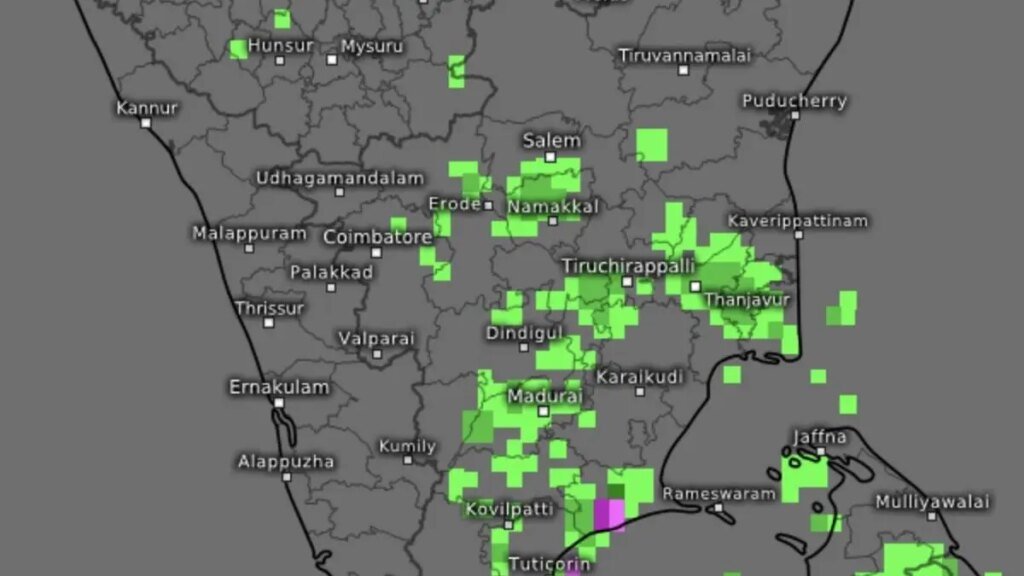Central Government tightens RFP norms for national highway projects

The Centre has tightened the request for proposal (RFP) norms required by contractors to bag work related to national highways to ensure that projects are awarded to contractors with proven technical and financial competence.
Accordingly, the state-run NHAI (National Highways Authority of India) has issued clarifications to provisions of RFP that are aimed at strengthening contractor qualification norms, enforcing compliance in project execution, and enhancing transparency in financial submissions.
“Stringent conditions in various clauses under the RFP will help to ensure that only technically capable and experienced contractors qualify for the implementation of national highway projects,” the Ministry of Road Transport & Highways said in a statement on Wednesday.
As per the ministry, one of the important elements of the provision is clarification of the “Similar Work” criteria in bid qualification, which has been often misrepresented by contractors to gain eligibility for large-scale highway projects despite having experience only in minor or peripheral works that do not reflect the complexity and scale of full-fledged highway development.
“NHAI has now clarified that ‘Similar Work’ shall refer exclusively to completed highway projects that include all major components comparable to those required for the project for which the bid has been invited,” the statement said.
The clarifications to RFP seek to address the unauthorised engagement of Engineering, Procurement and Construction (EPC) contractors in Hybrid Annuity Model (HAM) and Build-Operate-Transfer (BOT) (toll) projects and subcontractors in EPC projects.
“Instances have been observed where concessionaires or selected bidders have engaged contractors without the required prior approval of the authority or exceeded the permissible subcontracting limits,” the ministry said.
Such practices, said the ministry, not only violate contractual norms but also pose risks to quality assurance, project timelines, and regulatory oversight.
“Any unauthorised sub-contracting and subcontracting beyond permissible limits will be classified as ‘Undesirable Practice,’ thereby attracting penalties on par with fraudulent practices. This move will help to reinforce discipline in contract execution and safeguard the integrity of the implementation process,” the statement said.
Furthermore, the ministry cited another major component of the reform involving prohibiting the submission of “Bid and Performance Securities” that are sourced from third parties.
It has been reported, the ministry pointed out, that some selected bidders have furnished financial securities issued by third parties, which undermines the principle of accountability and raises concerns regarding enforceability and bidder liability.
“Now, it has been clarified to disallow such third party-sourced instruments, ensuring that only securities backed by the bidder or its approved entities are accepted.
The step is expected to enhance financial transparency and improve the enforceability of contractual obligations,” the ministry added.
Published on September 17, 2025




